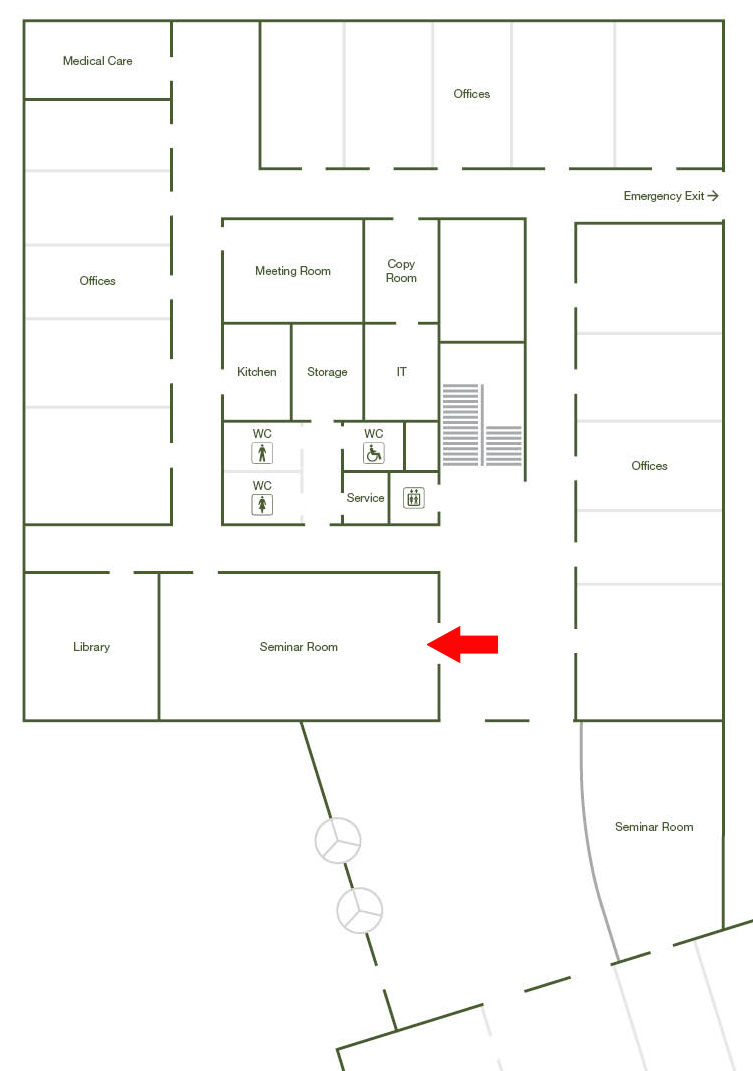Where are the rational solutions?
Date
Thursday, November 29, 2018 13:30 - 15:30
Speaker
Emmanuel Peyre (Institut Fourier)
Location
Big Seminar room Ground floor / Office Bldg West (I21.EG.101)
Series
Seminar/Talk
Tags
Mathematics and CS Seminar
Host
Timothy Browning
Contact

One of the most interesting developments in arithmetic geometry during the last 30 years come from the discovery of the complexity of the distribution of rational solutions of polynomial equations. We will first explain what it means to be equidistributed for such solutions, then we will describe several well known examples for which "obvious" solutions of the equations are far more numerous than they ought to be, thus preventing equidistribution. During the second part of the talk, we will introduce the notion of slopes and explain its uses and limitations with respect to equidistribution and explore its relations to heights on projective bundles.